Scientists discover massive underground reservoir on Mars. The water could cover the entire planet in a mile-deep ocean.
NASA’s InSight Lander provided crucial seismic data. Could this be the key to Martian life?
How Deep Does the Mystery Go?
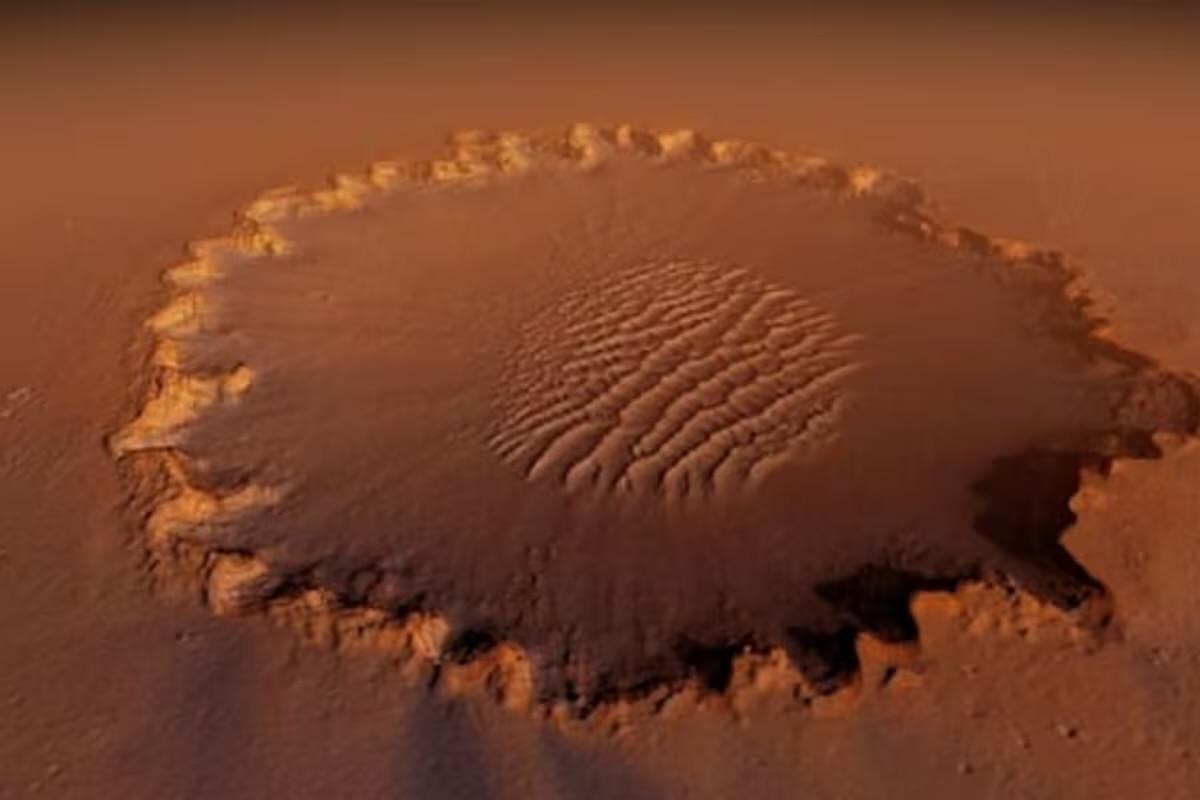
The Martian ocean lies 7 to 13 miles beneath the surface. Earth’s deepest borehole only reaches 7.6 miles.
Current technology cannot access this water. Will future missions unlock this subterranean secret?
Life on Mars: No Longer Science Fiction?
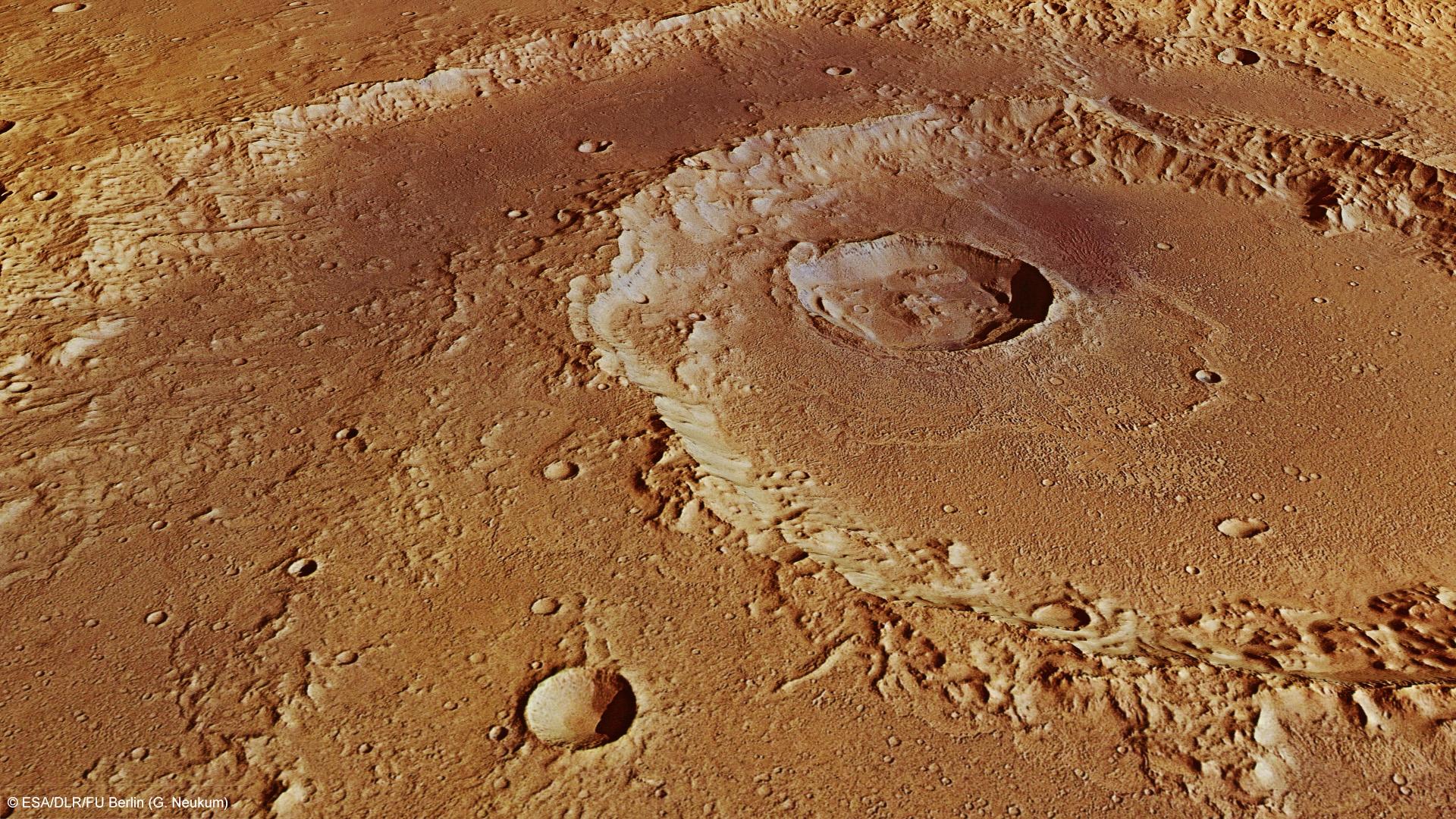
Underground water creates potential for Martian life. Deep mines and ocean floors host life on Earth.
Mars’ hidden ocean could sustain similar organisms. Are we on the brink of a groundbreaking discovery?
What Happened to Mars’ Surface Water?
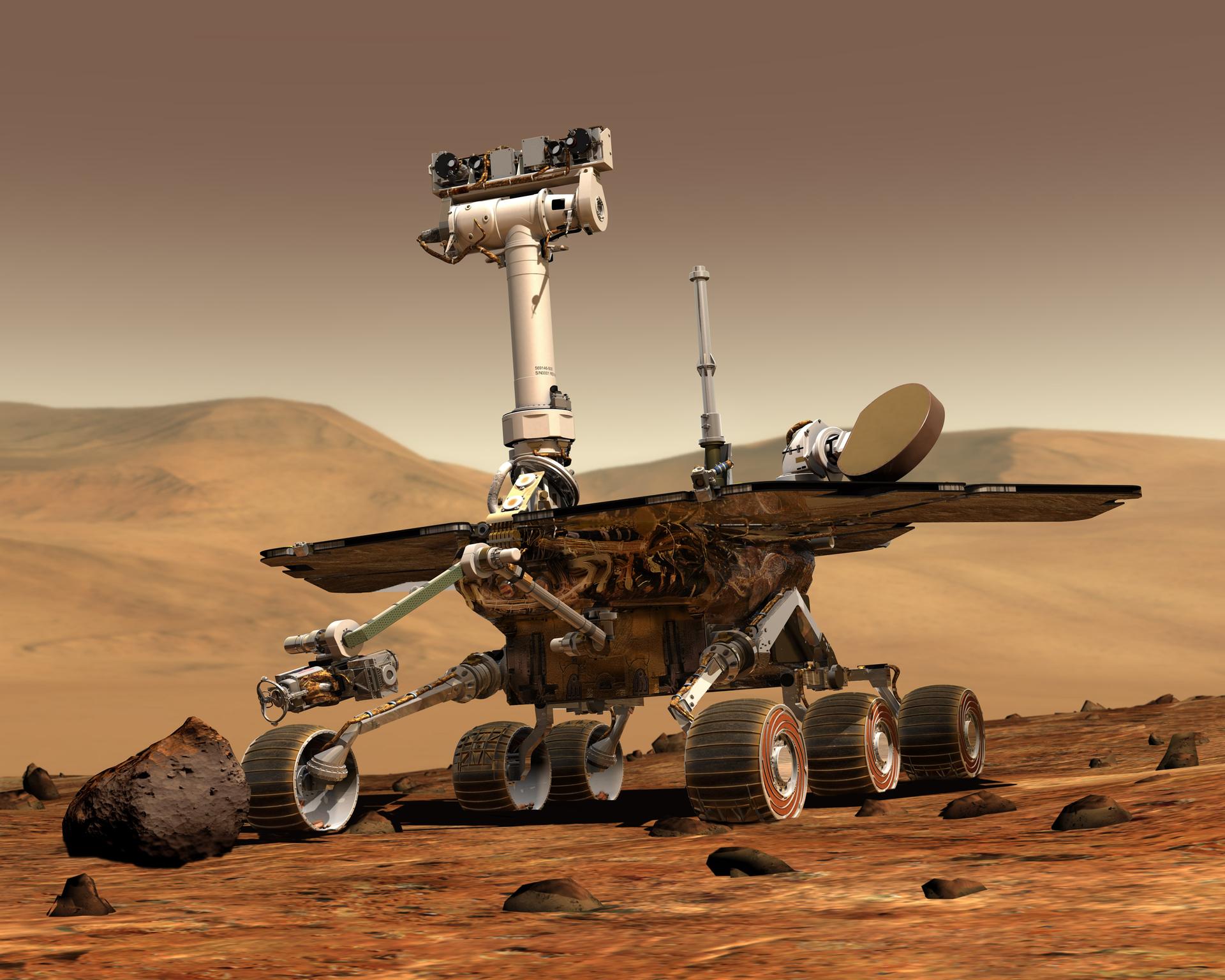
Mars once had abundant surface water. Climate change 3.5 billion years ago caused rapid desiccation.
Theories include magnetic field loss and asteroid impacts. Can this underground ocean solve the ancient mystery?
InSight Lander: Mars’ Robotic Seismologist?
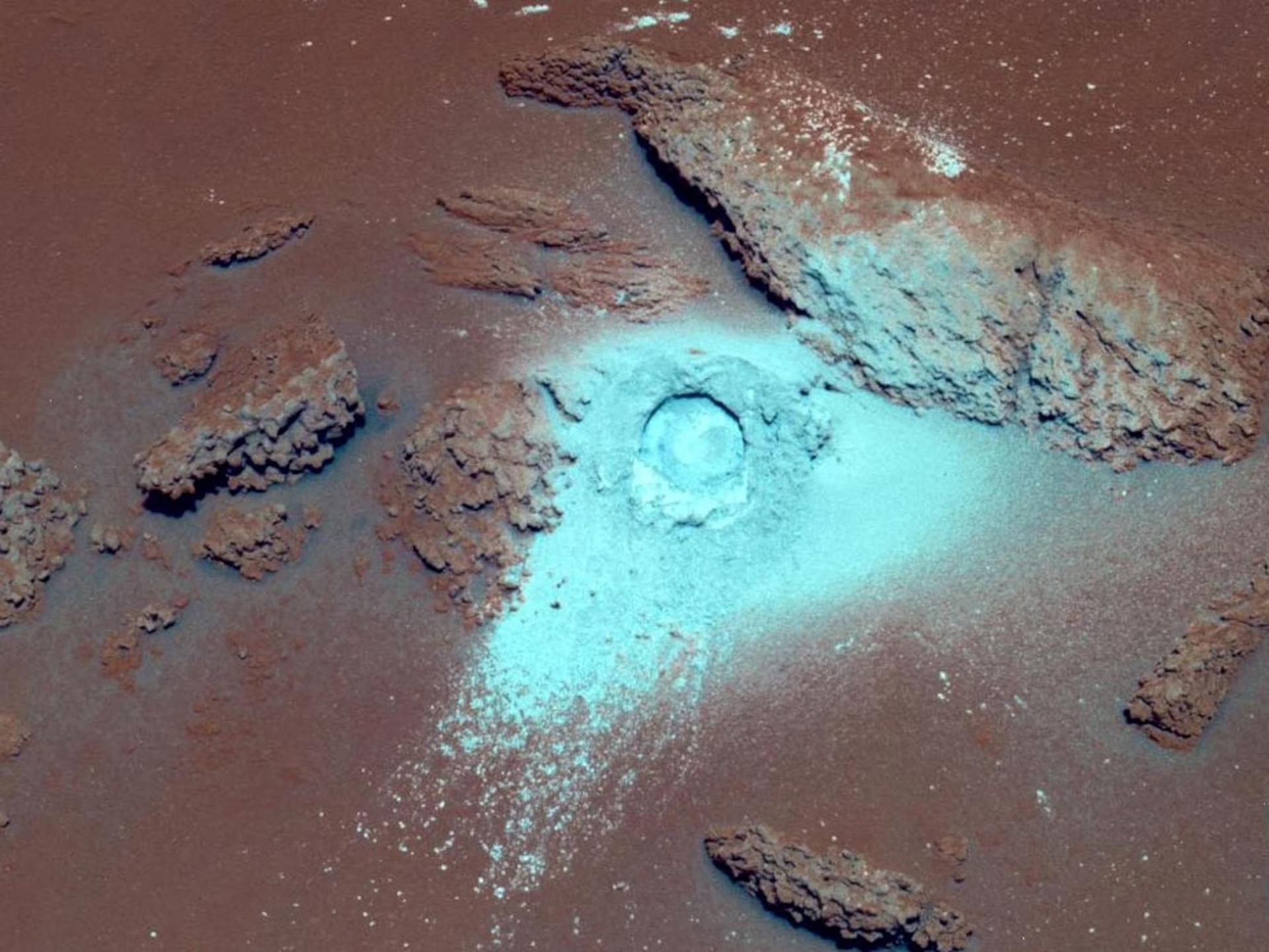
NASA’s InSight studied Mars’ interior from 2018 to 2022. It recorded quakes up to magnitude 5.
Data revealed Mars’ crustal structure and core composition. How else will this information reshape our understanding of Mars?
Mathematical Models: Earth Tech for Mars Exploration?
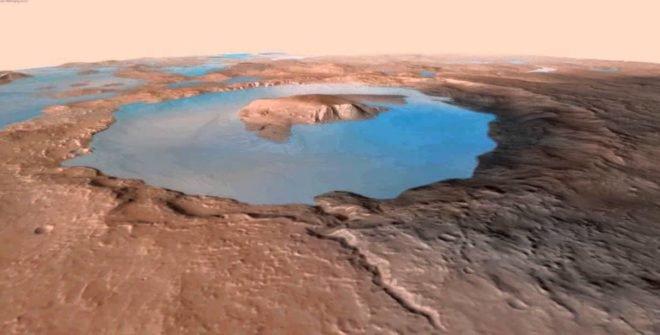
Scientists used Earth-based models to map Mars’ interior. Similar techniques find oil and water on Earth.
The model revealed a fractured, water-rich Martian crust. Can Earth-based science unlock more Martian secrets?
Where Did All the Water Go?

Mars’ surface water likely seeped into the crust. The underground reservoir contains billions of gallons.
This challenges theories of water escaping into space. How will this change Mars exploration strategies?
Can We Reach Mars’ Underground Ocean?

Current technology can’t access the Martian water. The reservoir sits deeper than any Earth borehole.
Future missions may develop new drilling techniques. When will humans first taste Martian water?
Perseverance Rover: Already Found Martian Life?

NASA’s Perseverance explores Jezero crater since 2021. It collects geological samples for future retrieval.
The rover might have already found evidence of ancient life. What secrets do these samples hold?
When Will Mars’ Samples Return to Earth?
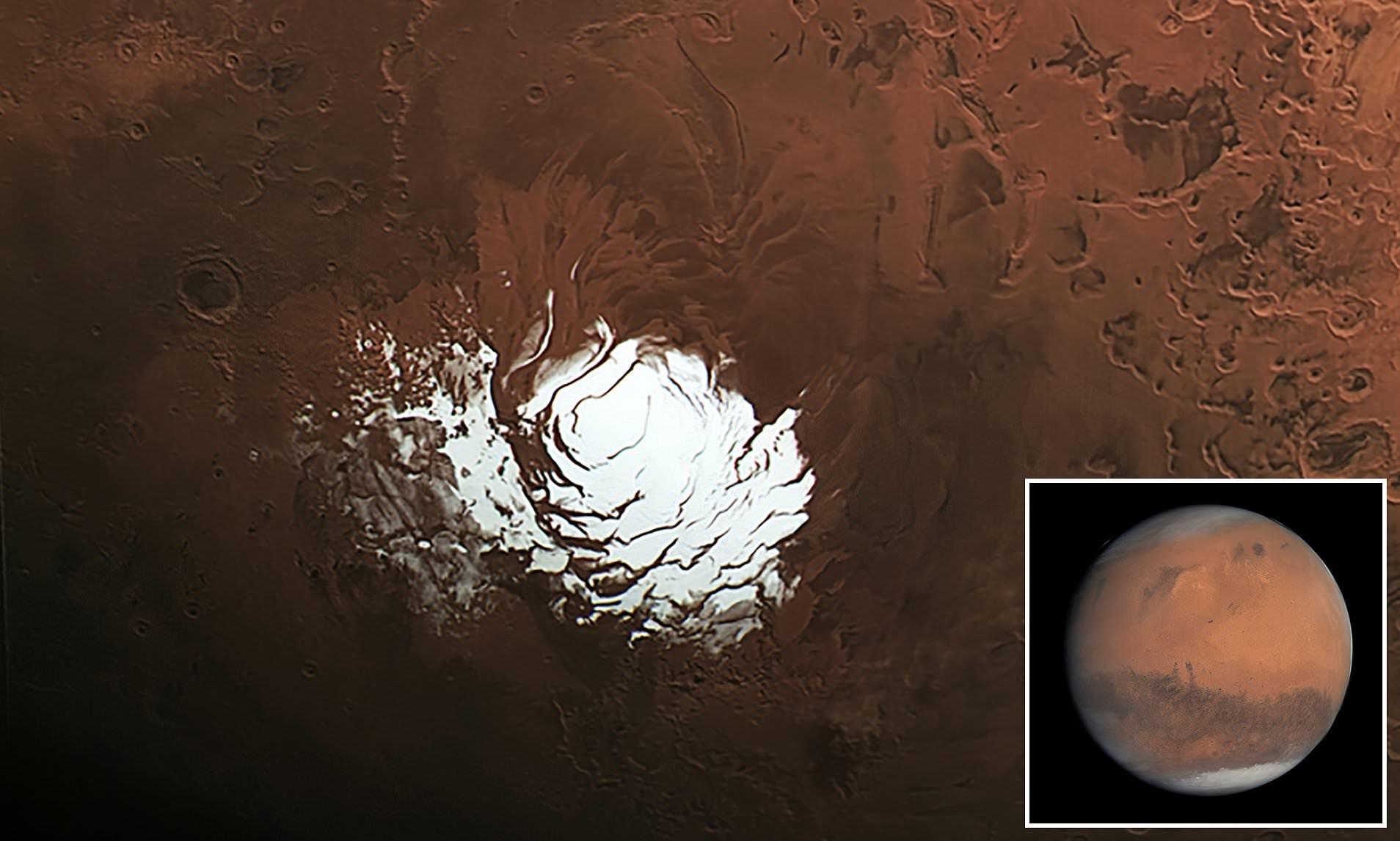
NASA planned a 2026 sample retrieval mission. Budget concerns delayed it until 2040.
Private companies may accelerate the timeline. Will Martian rocks reveal the planet’s true history?


